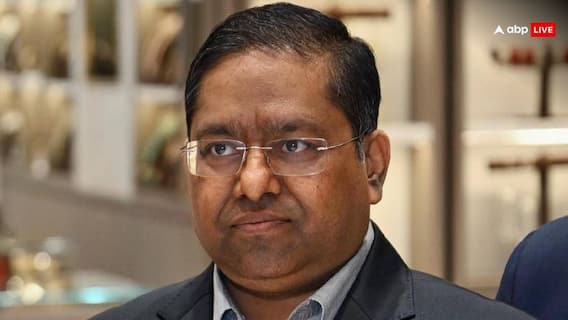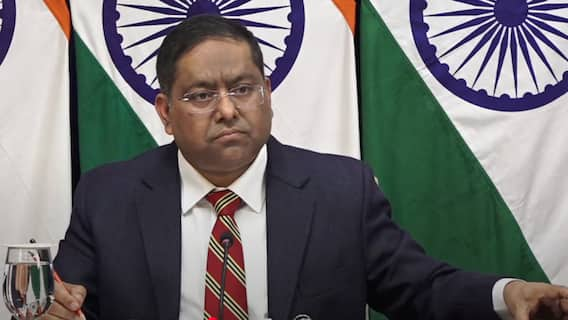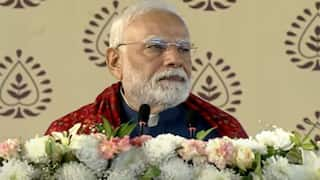No Adverse Impact On Children Raised By Same-Sex Couples, DCPCR Tells Supreme Court: Report
After a hearing of 10 days, the Supreme Court on Thursday reserved its verdict on a batch of petitions seeking legal validation for same-sex marriage.

New Delhi: On the final day of hearing of marriage equality pleas before the Supreme Court, petitioners argued their rejoinder submissions on rights of queer couples to adopt and raise children, Live Law reported. Senior Advocate Dr Menaka Guruswamy, appearing for the Delhi Commission for Protection of Child Rights (DCPCR), arguing her rejoinder, submitted several studies as well as decisions of other constitutional courts such as South Africa and Brazil on the effects of adoption and parenting by queer couples. She cited a statement by the Indian Psychiatric Society that says there is no evidence to indicate that queer couples could not raise a child.
“There are over 50 countries in the world that allow same sex couples to adopt. So that is more than the number of countries that allow same sex marriage,” Live Law quoted Guruswamy as telling the Supreme Court bench.
She further said that three factors remained constant in all the studies. Adoption of children by queer couples have no adverse effect on the children; lack of protection of these children could lead to adverse impacts; and human sexuality develops quite early and so people belong to the LGBTQIA+ spectrum would be adversely affected be lack of protection against stigma.
“I would hope that in future when the state comes to argue for or against a case, the state would locate its findings, its opinions after talking to community and relying on studies that exist since last 3 decades," she said.
It is to be noted that after a hearing of 10 days, the Supreme Court on Thursday reserved its verdict on a batch of petitions seeking legal validation for same-sex marriage. A five-judge constitution bench headed by Chief Justice D Y Chandrachud observed it cannot give a declaration on the anticipation as to how the Parliament is likely to respond to it.
The observation came after one of the advocates appearing for the petitioners referred to the verdicts and said once the apex court gave a declaration to pass a law penalising it, this was a matter for "fairly easy legislative consensus".
Trending News
Top Headlines








































